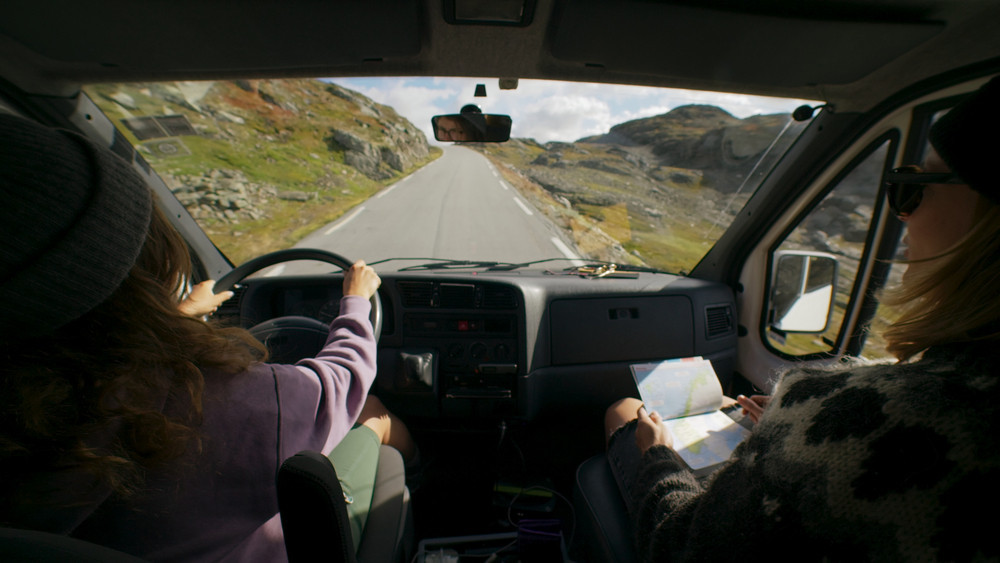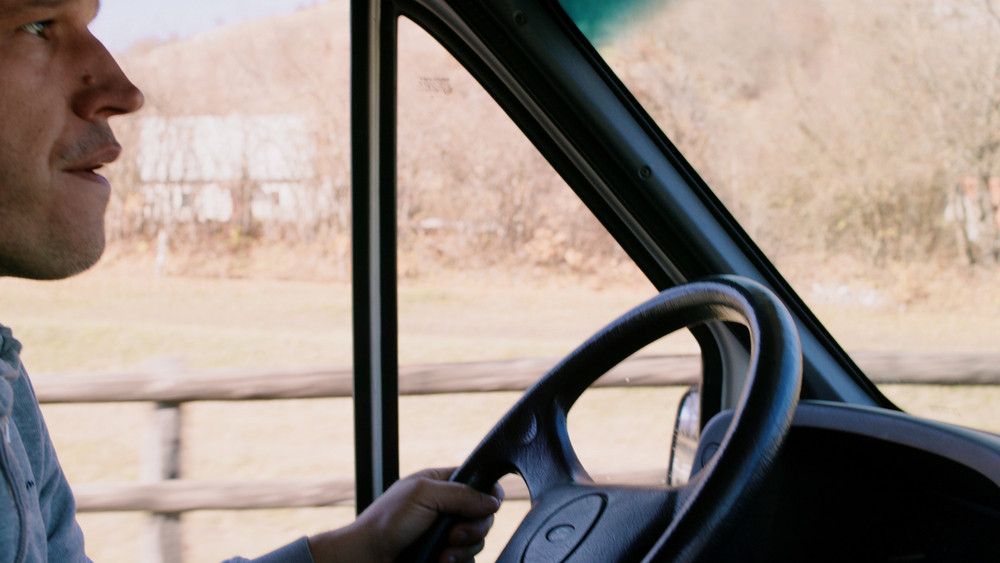Highlights
- Mobile RV glass services frequently travel to campsites, RV parks, storage lots, and rural locations.
- Technicians use specialized tools and adhesives designed for outdoor installations on large, curved RV windshields.
- Factors like site accessibility, weather conditions, and body-flex issues may impact on-site repair eligibility.
- Insurance companies often approve mobile RV glass services as long as the work meets industry safety standards.
- Industry research from AGSC and NHTSA outlines safety requirements that mobile RV glass technicians must follow during repair or replacement.
Understanding Whether Mobile RV Glass Services Travel to Campsites
Mobile RV glass repair and replacement services have quickly become one of the most convenient solutions available to RV owners. Because many RVs are driven long distances for vacations, long-term stays, and full-time living, damage often occurs far from traditional repair shops. This leads many RV owners to ask the crucial question: Do mobile RV glass services travel directly to campsites? The short answer is yes—most reputable RV glass specialists routinely travel to campsites, RV parks, rural destinations, and even boondocking sites. These services are designed specifically for customers who cannot safely drive their RV due to a damaged windshield or side window. Since large Class A and Class C motorhomes rely heavily on structural windshields for support and visibility, moving the vehicle with cracked or shifting glass may be unsafe or illegal in certain states. As a result, mobile RV glass services have adapted their tools, adhesives, and installation practices to handle on-site work under varying outdoor conditions.
Why Mobile RV Glass Services Travel to Campsites
The nature of RV travel is one of the biggest reasons mobile glass technicians frequently visit campsites. While cars and trucks typically remain near cities or suburbs, RVs are used in a wide variety of environments—mountain campgrounds, state parks, coastal RV resorts, rural farms, winter snowbird parks, and remote boondocking areas. Because large RV windshields are expensive, heavy, and uniquely shaped, they require specialized handling equipment that is inconvenient for owners to manage on their own. Mobile services eliminate the need for risky driving with compromised visibility and reduce the stress of finding a shop that can handle oversized windshield installations. Most RV owners set up camp for weeks or months at a time, and breaking down the campsite just to travel to a glass shop can be a major inconvenience. Between leveling systems, slide-outs, sewer hookups, water lines, and awnings, relocating an RV simply for a glass repair can easily take hours.
How Technicians Perform RV Glass Service at Campsites
Mobile RV glass professionals use a combination of industry-regulated adhesives, precision mounting tools, and mobile-safe curing practices to work outside the shop environment. Larger RV windshields, especially those for Class A motorhomes, must be handled with extreme care because they often consist of large, single-piece curved glass. Technicians typically arrive with glass-lifting systems, molding equipment, sealants, and weather-resistant tools stored in their service vehicles. Once the work area is prepared, they remove the old windshield, clean the bonding surface, apply urethane adhesive, and correctly seat the new glass. According to the Federal Motor Vehicle Safety Standard (FMVSS) No. 205, windshield installation must meet federal glazing requirements related to strength, visibility, and safety performance. These same standards apply whether work is performed in a repair facility or at a customer’s campsite, meaning mobile RV glass services follow the same federally recognized safety expectations on-site.
Limitations That May Affect Campsite Service Availability
While mobile RV glass services do travel to campsites, certain conditions may limit their ability to complete the job at the exact location. One major factor is site accessibility. If the campsite is up a steep mountain trail, located behind narrow gates, or positioned on uneven terrain, technicians may not be able to transport the windshield or equipment safely. RV windshields—especially those for Class A motorhomes—are notoriously large and fragile, so accessibility must allow technicians to maneuver the glass from their vehicle to the RV without risk of damage. Weather conditions also play a role in whether a technician can perform the repair onsite. Excessive rain, extreme heat, or freezing temperatures may interfere with adhesive curing. If the environment does not allow proper curing, the technician may suggest rescheduling or recommending a nearby service location. Additionally, body-flex issues—a common problem with RVs parked on uneven surfaces—can prevent a proper installation if the opening is slightly distorted.
Insurance Considerations for Mobile RV Glass Services
Another common question from RV owners is whether insurance companies approve mobile RV glass services at campsites. In most cases, the answer is yes. RV insurance policies often include comprehensive coverage that applies to windshield damage, and insurers generally allow mobile services as long as the repair meets industry safety standards. Because damaged RV windshields can create significant hazards during travel, many insurance companies prefer mobile services to reduce the risk of the customer driving with compromised glass. According to Progressive, if you have comprehensive coverage, glass repair or full windshield replacement is typically covered under your policy—sometimes even with a $0 deductible for glass-only claims. Insurance companies recognise that mobile RV glass technicians trained to meet these standards can provide safe and compliant service at campsites, often working through nationwide RV glass networks to streamline claims and scheduling.
What RV Owners Should Do Before Scheduling Mobile Glass Service
Before booking mobile RV glass service at your campsite, it’s helpful to take several steps to ensure the technician can perform the job efficiently and safely. First, evaluate whether your campsite is accessible by a large service vehicle. If the path includes tight curves, low tree branches, soft dirt roads, or steep inclines, communicate this to the technician before the appointment. Providing photos or a map view of the area can also help them prepare their approach. Next, inspect your RV’s leveling and support. An unlevel RV or one that has settled into soft ground may cause frame flex, making windshield removal or installation unsafe. Technicians often recommend fully leveling the RV, engaging stabilizers, and retracting slide-outs if needed. Clear the area around the windshield by moving chairs, grills, décor, or campground items to give technicians safe workspace access and help make the visit as efficient as possible.
Advantages of Having RV Glass Serviced at Your Campsite
The convenience of mobile RV glass service is one of its strongest benefits. Instead of packing up your entire campsite—disconnecting utilities, retracting awnings, securing interior belongings, and driving long distances—you can stay in place while the technician handles everything. This is especially valuable for full-time RV families, older travelers, or those staying in long-term parks with significant setup. Another major advantage is safety. Driving with a damaged RV windshield can be dangerous due to reduced visibility, potential glass shifting, and structural instability, so mobile services eliminate the risk of driving before the replacement is complete. Additionally, mobile technicians are accustomed to working on unique RV models, including vintage motorhomes or specialty rigs that general auto glass shops may not service. For many RV owners, the ability to receive professional, shop-quality installation at their own campsite makes mobile RV glass service the preferred choice.
So, do mobile RV glass services travel to campsites? In most situations they do, and those visits are built around safety, convenience, and industry-approved installation practices. When you choose a qualified provider, confirm accessibility, and coordinate with your insurance company, you can get critical RV glass repairs handled right at your site without interrupting your travel plans.





